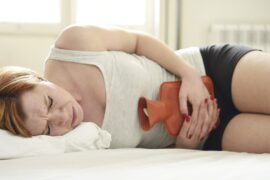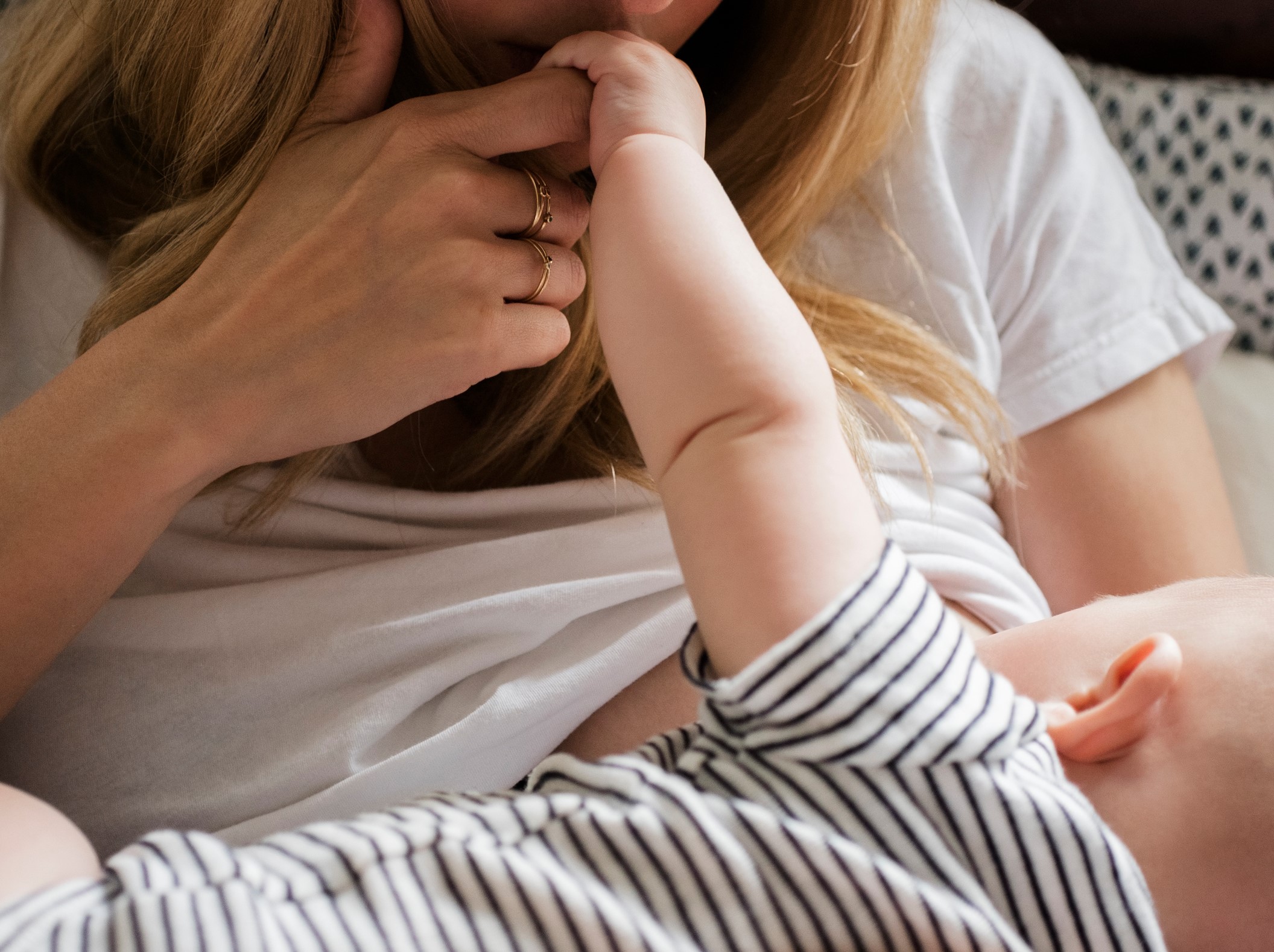Foamy diarrhea is a common symptom in babies, and it can be caused by a number of factors. The most common reason is that the baby’s digestive system is still immature and developing. This means that it may not be able to fully digest all of the food that the baby eats, which can lead to foamy stools.
Why do babies have foam when they have diarrhea?
Other possible causes of foamy diarrhea in babies include:
Food allergies or intolerances

If a baby is allergic or intolerant to a particular food, such as milk or soy, it can cause diarrhea, gas, and other digestive problems. Foamy stools may be one of the symptoms.
Infections
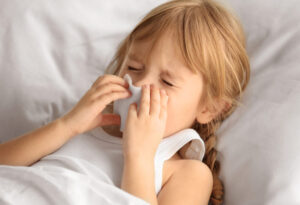
Gastrointestinal infections, such as rotavirus or norovirus, can also cause foamy diarrhea. These infections can irritate the intestines and make it difficult for the body to digest food properly.
Malabsorption disorders
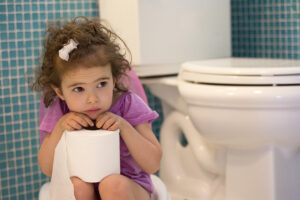
Malabsorption disorders are conditions that prevent the body from absorbing nutrients from food properly. This can lead to a variety of digestive problems, including foamy diarrhea.
Pancreatitis
Pancreatitis is an inflammation of the pancreas. The pancreas produces enzymes that help the body digest food. If the pancreas is inflamed, it may not be able to produce enough enzymes, which can lead to foamy diarrhea.
Symptoms of foamy diarrhea
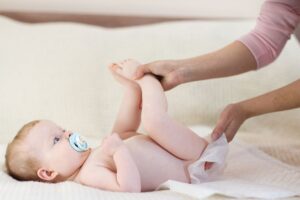
In addition to foamy stools, other symptoms of diarrhea in babies may include:
- Loose, watery stools
- More frequent bowel movements than usual
- Abdominal pain
- Crying or fussiness
- Loss of appetite
- Vomiting
- Fever
- When to see a doctor
If your baby has foamy diarrhea, it is important to see a doctor if the diarrhea lasts for more than 24 hours, or if it is accompanied by other symptoms, such as vomiting, fever, or dehydration.
Treatment for foamy diarrhea

The treatment for foamy diarrhea will depend on the underlying cause. If the diarrhea stems from a food allergy or intolerance, it’s essential for the baby to steer clear of the triggering food. In cases of infection-induced diarrhea, the doctor might prescribe antibiotics or other medications. Should the diarrhea result from a malabsorption disorder, the baby may require supplements to aid in the absorption of nutrients
Preventing foamy diarrhea
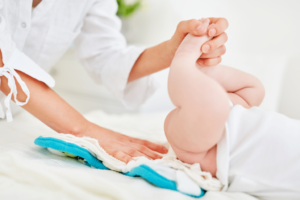
There are a few things that you can do to help prevent foamy diarrhea in your baby:
- Make sure that your baby is getting enough hindmilk. Hindmilk is the thicker, fattier milk that comes from the breast at the end of a feeding. Hindmilk contains more enzymes than foremilk, which can help the baby to digest food better.
- Avoid giving your baby sugary drinks. Sugary drinks can draw water into the intestines, which can lead to diarrhea.
- If your baby is formula-fed, choose a formula that is low in lactose. Lactose is a sugar that is found in milk. Some babies have difficulty digesting lactose, which can lead to diarrhea.
- Wash your hands thoroughly before and after feeding your baby. This will help to prevent the spread of germs.
If you have any concerns about your baby’s foamy diarrhea, be sure to talk to your doctor.






